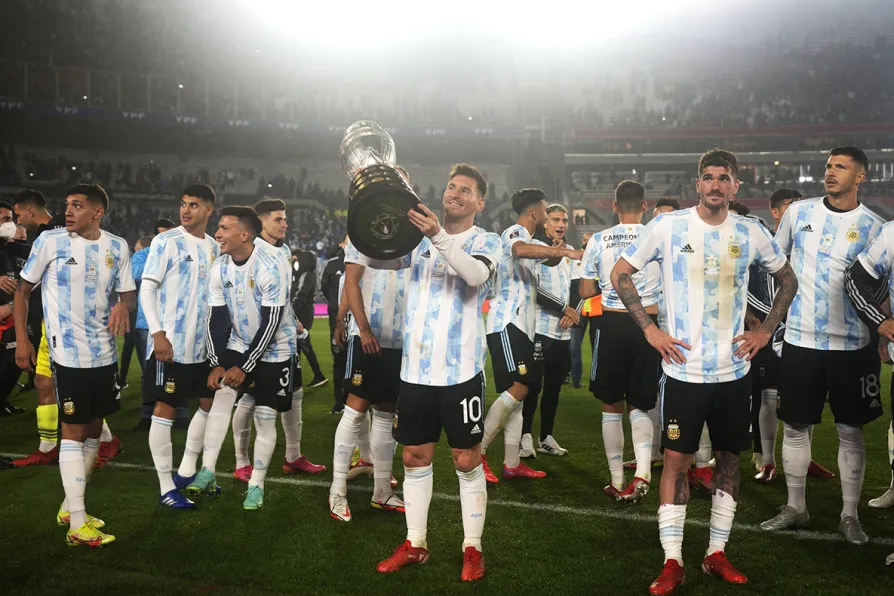Sporting calendar hit by regional instability with tournaments in the Gulf abandoned
Fifa is trying to solve problems that don’t exist
The answers to football's woes may lie in investing in international football at confederation level, such as the African Cup of Nations, not more World Cups, JAMES NALTON argues

 Argentina's Lionel Messi (centre) holds the Copa America trophy at the end of the World Cup qualifying against Bolivia
Argentina's Lionel Messi (centre) holds the Copa America trophy at the end of the World Cup qualifying against Bolivia
CLUB football returns this weekend in the shadow of one of the most controversial international breaks of recent times.
A number of issues were raised, from coronavirus-related logistical complications to the restructuring of the international game as a whole.
The combination of a packed football calendar and travel restrictions around Covid-19 have created new problems that almost certainly won’t see common-sense solutions.
Similar stories

JAMES NALTON writes about Iran's qualification for the tournament and whether the United States is fit to welcome visitors from across the world













